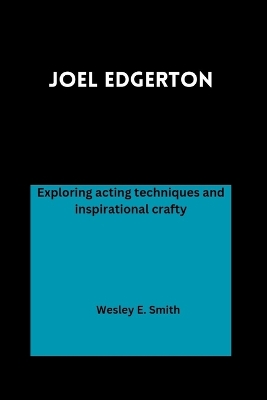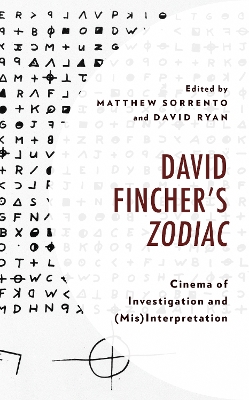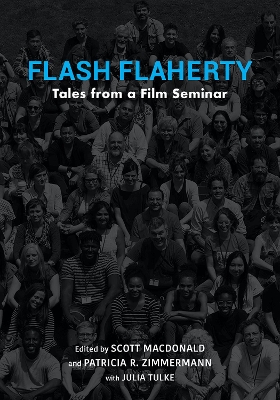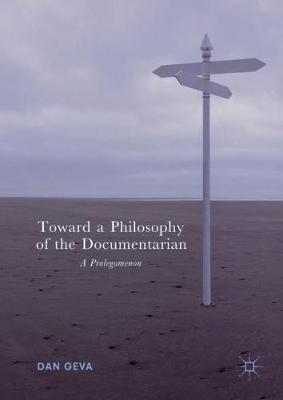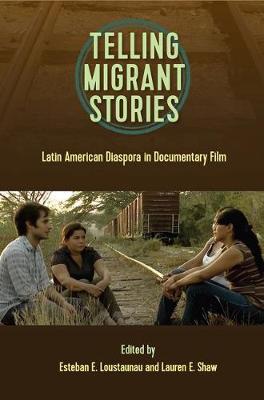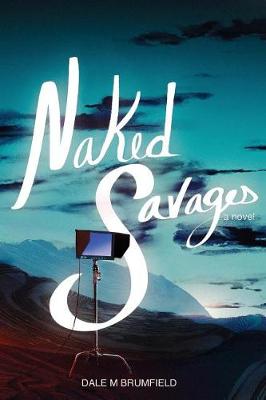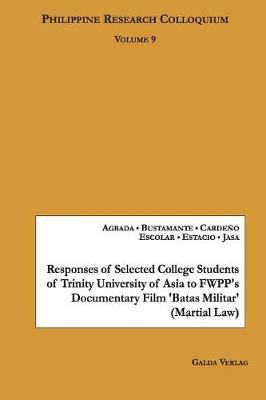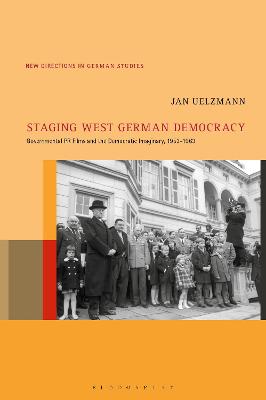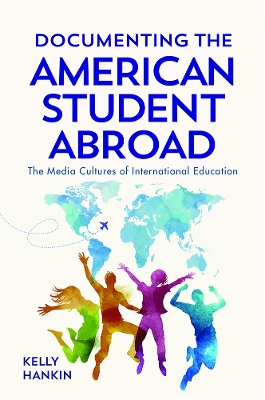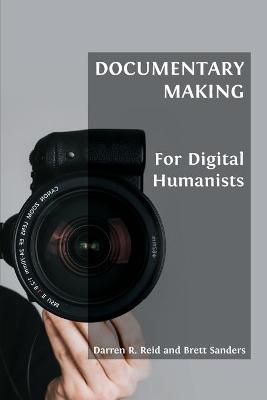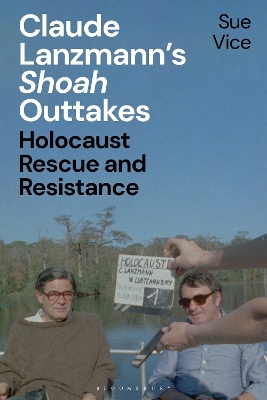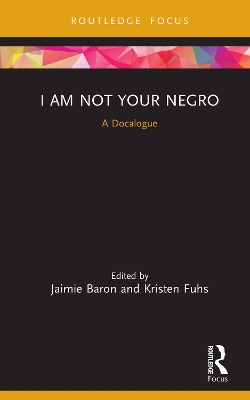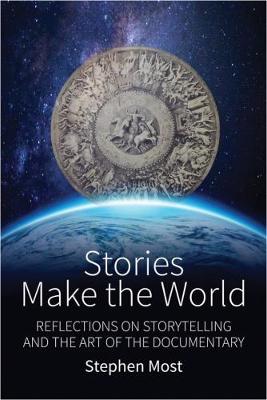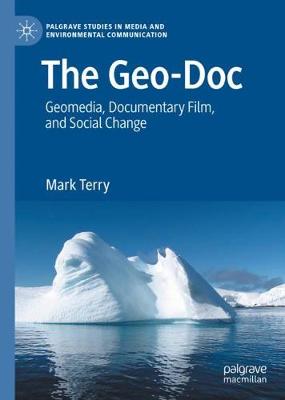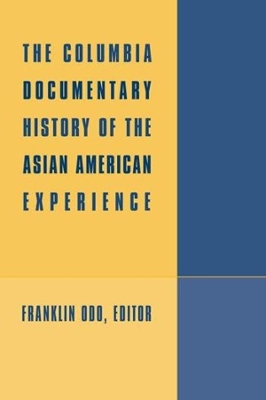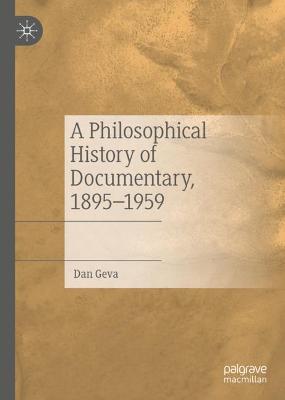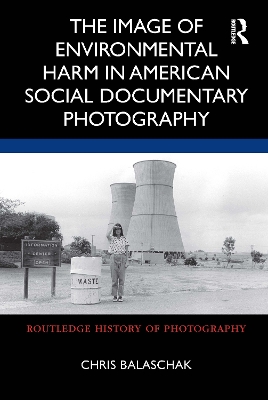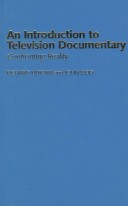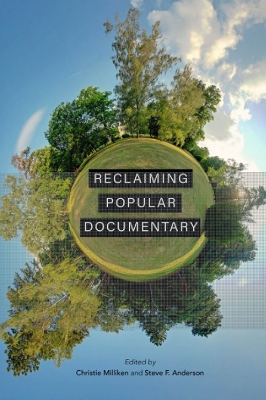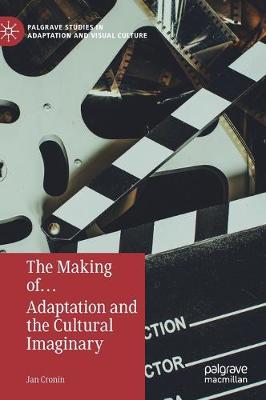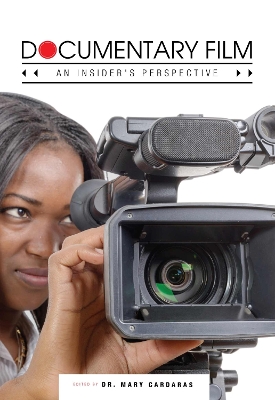"A realist with a sense of humor, Chasse is both stringent and encouraging as she covers every aspect of creating a successful production." —Booklist starred review How to Make and Distribute a Documentary without Losing Your Mind or Going Broke Documentary filmmaking requires more than just a passion for the subject, whether it be one’s personal story or that of someone else, a historical event or a startling discovery, a political movement or a heinous crime. Making a documentary and gettin...
David Fincher's Zodiac (The Fairleigh Dickinson University Press Series in Law, Culture, and the Humanities)
David Fincher’s Zodiac (2007), written by producer James Vanderbilt and adapted from the true crime works of James Graysmith, remains one of the most respected films of the early 21st century. As the second film featuring a serial killer (and the first based on fact) by Fincher, Zodiac remains a standout in a varied but stylistically unified career. It similarly stands out among a new wave of crime cinema in the early 2000s, including the modern classics Inside Man, Michael Clayton, and Academy...
Flash Flaherty
Flash Flaherty, the much-anticipated follow-up volume to The Flaherty: Decades in the Cause of Independent Cinema, offers a people's history of the world-renowned Robert Flaherty Film Seminar, an annual event where participants confront and reimagine the creative process surrounding multiple document/documentary forms and modes of the moving image. This collection, which includes a mosaic of personal recollections from attendees of the Flaherty Seminar over a span of more than 60 years, highlig...
The theme of this book is the documentarian-what the documentarian is and how we can understand it as a concept. Working from the premise that the documentarian is a special-extended-sign, the book develops a model of a quadruple sign structure for-and-of the documentarian, growing out of enduring traditions in philosophy, semiotics, psychoanalysis, and documentary theory. Dan Geva investigates the intellectual premise that allows the documentarian to show itself as an extremely sophisticated, c...
Staging West German Democracy (New Directions in German Studies)
by Jan Uelzmann
Staging West German Democracy examines how political “founding discourses” of the nascent Federal Republic (FRG) were reflected, reinforced, and actively manufactured by the Federal government in conjunction with the West German, state-controlled newsreel system, the Deutsche Wochenschau. By looking at the institutional history of the Deutsche Wochenschau and its close relationship to the Federal Press Office, Jan Uelzmann traces the Adenauer administration’s project of maintaining a “government...
La Poscensura En El Cine Documental de la Transicion Espanola (Estudios Hispanicos en el Contexto Global. Hispanic Studies, #6)
by Alejandro Alvarado
En Espana, el cine documental vivio uno de sus momentos mas fructiferos durante la transicion democratica (1977-1982), cuando el pais se encontraba en pleno proceso de recuperacion de las libertades tras el regimen de Franco. Sin embargo, distintas causas administrativas, industriales y creativas concluyeron practicamente con la desaparicion del documental de las pantallas espanolas a principios de los 80. Los residuos del regimen y el triunfo del consenso politico contribuyeron a la obstaculiza...
The Adventures of a Young Naturalist: The Zoo Quest Expeditions
by Sir David Attenborough
In 1954, the 28-year-old David Attenborough seized the opportunity to travel the world in search of rare animals for London Zoo's collection, and to film these fascinating expeditions for the BBC. The result was the successful television series, Zoo Quest. In Guyana the adventure begins with an encounter with a caiman, a visit to the River Mazaruni waterfalls, and an extraordinary painted cliff revealing a sequence of handprints and animal drawings not unlike France's Palaeolithic caves. Late...
Documentary Making for Digital Humanists
by Darren R. Reid and Dudley Dean
As we approach the end of the ‘era of the witness’, given the passing on of the generation of Holocaust survivors, Claude Lanzmann’s archive of 220 hours of footage excluded from his ground-breaking documentary Shoah (1985) offers a remarkable opportunity to encounter previously unseen interviews with survivors and other witnesses, recorded in the late 1970s. Although the archive is all available freely to view online and includes extra footage of those who appear in Shoah, this book focuses o...
I Am Not Your Negro (Docalogue)
As the inaugural volume in the Docalogue series, this book models a new form for the discussion of documentary film. James Baldwin's writing is intensely relevant to contemporary politics and culture, and Peck's strategies for representing him and conveying his work in I Am Not Your Negro (2016) raise important questions about how documentary can bring the work of a complex thinker like Baldwin to a broader public. By combining five distinct perspectives on a single documentary film, this book...
Since the beginning of human history, stories have helped people make sense of their lives and their world. Today, an understanding of storytelling is invaluable as we seek to orient ourselves within a flood of raw information and an unprecedented variety of supposedly true accounts. In Stories Make the World, award-winning screenwriter Stephen Most offers a captivating, refreshingly heartfelt exploration of how documentary filmmakers and other storytellers come to understand their subjects an...
The Geo-Doc (Palgrave Studies in Media and Environmental Communication)
by Mark Terry
This book introduces a new form of documentary film: the Geo-Doc, designed to maximize the influential power of the documentary film as an agent of social change. By combining the proven methods and approaches as evidenced through historical, theoretical, digital, and ecocritical investigations with the unique affordances of Geographic Information System technology, a dynamic new documentary form emerges, one tested in the field with the United Nations. This book begins with an overview of the h...
The Columbia Documentary History of the Asian American Experience
Asian immigrants to America and their descendants have confronted numerous negative forces -- fear, arrogance, prejudice, and chauvinism -- and contributed many more positive elements -- courage, pride, tolerance, determination -- throughout their history in this country. This collection of key documents presents the rich Asian American heritage through primary sources -- speeches, diary entries, editorials, advertisements, court opinions, legislation, songs, and poems -- along with expert, conc...
This book presents a chronology of thirty definitions attributed to the word, term, phrase, and concept of "documentary" between the years 1895 and 1959. The book dedicates one chapter to each of the thirty definitions, scrutinizing their idiosyncratic language games from close range while focusing on their historical roots and concealed philosophical sources of inspiration. Dan Geva's principal argument is twofold: first, that each definition is an original ethical premise of documentary; and s...
With an emphasis on photographic works that offer new perspectives on the history of American social documentary, this book considers a history of politically engaged photography that may serve as models for the representation of impending environmental injustices. Chris Balaschak examines histories of American photography, the environmental movement, as well as the industrial and postindustrial economic conditions of the United States in the 20th century. With particular attention to a materi...
An Introduction to Television Documentary
by Richard Kilborn and John Izod
A lively introduction to a subject which has attracted increasing interest in the last few years.. A wide-ranging and carefully constructed account. Likely to be adopted on many courses (both foundational level and advanced) which include the study of documentary as part of a wider Media Studies agenda.. Written in a highly accessible manner, it has the edge on rival publications on the subject, which have often proved to difficult for an undergraduate readership.
The documentary has achieved rising popularity over the past two decades thanks to streaming services like Netflix and Hulu. Despite this, documentary studies still tends to favor works that appeal primarily to specialists and scholars. Reclaiming Popular Documentary reverses this long-standing tendency by showing that documentaries can be—and are—made for mainstream or commercial audiences. Editors Christie Milliken and Steve Anderson, who consider popular documentary to be a subfield of docu...
The Making of… Adaptation and the Cultural Imaginary (Palgrave Studies in Adaptation and Visual Culture)
by Jan Cronin
This book explores “Making of” sites as a genre of cultural artefact. Moving beyond “making-of” documentaries, the book analyses novels, drama, film, museum exhibitions and popular studies that re-present the making of culturally loaded film adaptations. It argues that the “Making of” genre operates on an adaptive spectrum, orienting towards and enacting the adaptation of films and their making. The book examines the behaviours that characterise “Making of” sites across visual media; it explores...
Documentary Film
Documentary Film: An Insider's Perspective introduces students to various writing selections on documentary films and filmmaking. The material addresses the genre and its history, shares unique views on documentaries, and includes writings from those who study, discuss, promote, teach, and produce them. Rather than an academic approach to the topic, the book is rooted in the perspective of the industry insider. Readers benefit from these perspectives, learning not only theory but the reality of...
